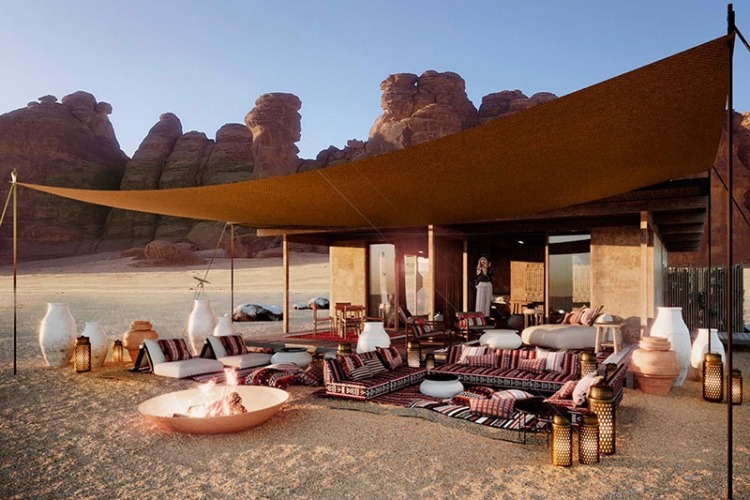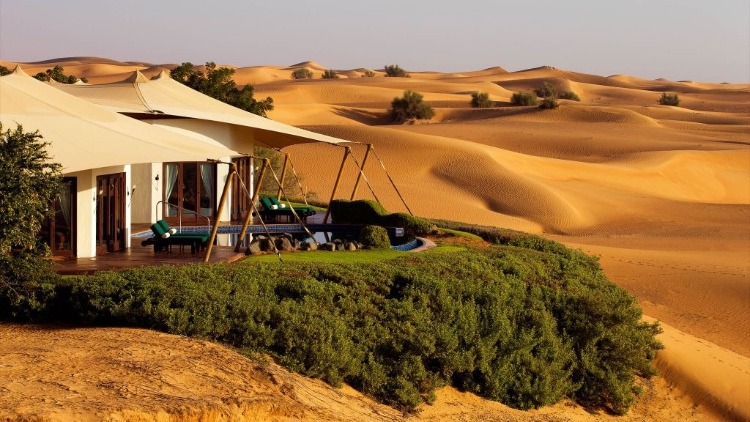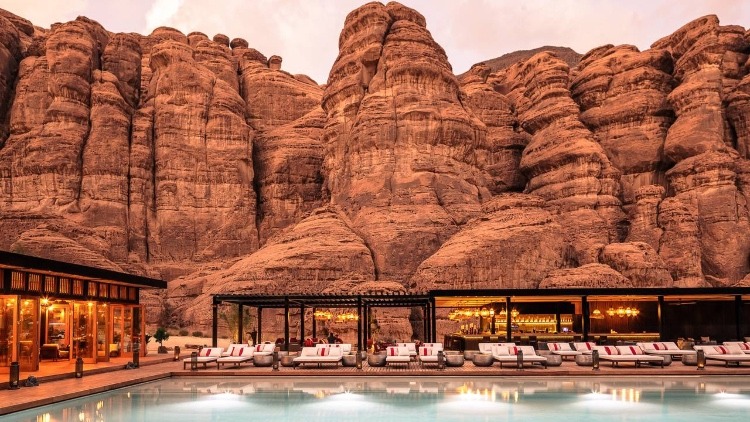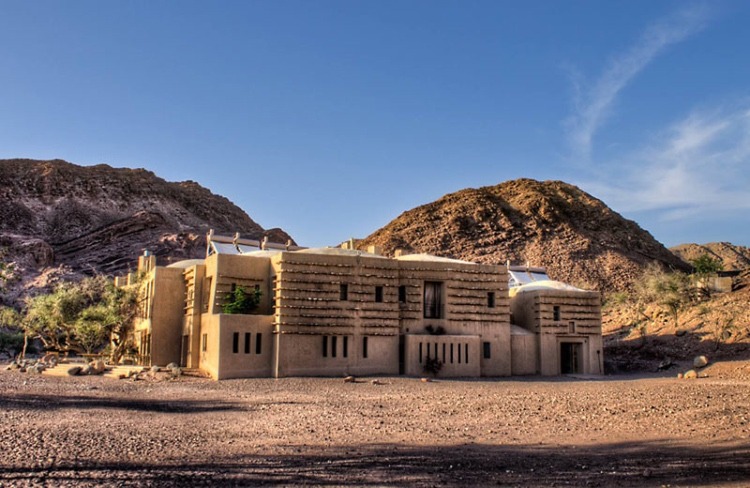When you first think of hotels, the first thing that comes to mind is typically lavish swimming pools and spacious rooms, right? A location that is elegant, providing comfort for its guests. However, we often overlook one of the key factors when it comes to thinking about this industry, which is how do hotels consider and address their environment and ecological footprint?
We ask this question because sustainability and environmentally friendly hotels and resorts are becoming more popular as everyone tries to reconnect with their roots, love Mother Nature and protect it. This notion of preservation would never be possible unless the hotel systems were prepared to adapt and think outside the box in order to help the local ecological system. As a result, more hotels are responding to this eco-friendly project, which is receiving a lot of attention.
But why do people want to stay at an environmentally friendly hotel? Consumers, in general, are putting pressure on businesses to do more as environmental issues gain traction, opting to utilize services or invest in organizations that demonstrate they are doing their part in conserving the environment, reducing waste, and supporting local communities. This is true for all aspects of consumption, including hotels, where 68 percent of travelers according to Proven Partners value and seek a sustainable, environmentally friendly alternative. People want to feel as though they are making a difference in the world, no matter where they are.
The Middle East as a region has been experimenting with sustainability through emulating smart cities, and hotels that will push us along a path of environmental triumph, with the environment at the center of every company and facility. Thus, we’re here to highlight six hotels in the Arab world that have pushed eco-friendly concepts to new heights!
Habitas AluIa
In the heart of AlUla, Saudi Arabia, this hotel offers an experience unlike no other with sustainable solutions like 3D printing. What is 3D printing though and how does it help the environment? Well, 3D printing reduces overall energy waste and has a smaller carbon footprint. The environmental costs of assembling, transporting, logistics, maintaining, and storing are completely or nearly eliminated.
Habitas AlUla also emphasizes human connection and the natural world, in case you didn’t know. This is accomplished by providing historical and cultural experiences that immerse guests in the authentic legacy and atmosphere of Ashar Valley and the surrounding AlUla region. Weekly outdoor cinema screenings of area cultural films and documentaries, local art exhibitions, and discussion sessions about the region’s culture and history are also available.

Taziry Eco-villages
Siwa, Egypt’s wonderful oasis in the Egyptian Western Desert covered in lush greenery, was formerly known in ancient Egyptian as “Sekht-am”, which means ‘palm land’. The name perfectly represents the palm trees that the oasis is famous for as it’s also best known for olive trees and crystal clear salt lakes. In this land, the Taziry ecolodge in Siwa Oasis was constructed with natural materials in accordance with Siwan tradition. It offers views over the White Mountain, palm groves, and the Great Sand Sea.
Their green plan energy is the most abundant in Siwa and the surrounding region. The sun is Taziry’s preferred renewable energy source. In addition, solar water heating panels have been implemented over the rooms to provide hot water in the showers. The photovoltaic effect, a phenomenon investigated in physics, photochemistry, and electrochemistry, is used to convert light into energy using semiconducting materials that show the photovoltaic effect. This is employed in several Ecolodge facilities, such as the reception and kitchen, to provide energy-efficient equipment and reduce reliance on polluting fossil-fueled systems.

Al Maha Desert Resort
Al Maha Desert Resort is an all-inclusive experience fashioned after a Bedouin village intermingled with magnificent villas to combine nature and modernity. It is located an hour southeast of Dubai International Airport, deep within the Dubai Desert Conversation Reserve. Of course, we must not overlook Al Maha’s commitment to sustainability, which is evident in the resort’s use of solar panels, recycled water, LED lighting, and environmentally friendly products.
Al Maha delivers activities that are symbolic of the Bedouin way of life and display the destination’s distinctiveness in an endeavor to keep loyal to natural experiences. These activities range from archery, nature walks, and desert drives to wildlife safaris, falconry, horseback riding, camel trekking, and sundowners in the dunes.

Alila Jabal Akhdar
Alila Jabal Akhdar in gorgeous Oman is yet another attempt to be renowned as the Middle East’s most luxurious and eco-friendly resort. The nicest part about this resort, though, is that its sustainability features are so nicely integrated with the luxury features that you almost miss them. This is Oman’s first Leadership in Energy and Environmental Design certification (LEED) Silver-certified property and development in the country. Not only that, but the resort’s external exterior is also a distinctive feature; the use of natural stone gives it an opulent aesthetic that mixes in flawlessly with the natural surroundings. As a result, the resort is a fantastic example of regional sustainable development.

Feynan Ecolodge
EcoHotels, manages this award-winning Ecolodge, which was developed by architect Ammar Khammash in collaboration with the Royal Society for the Conservation of Nature. It provides visitors with an extraordinary opportunity to experience Jordan’s beautiful landscapes, meet its local Bedouin culture, and learn about its ancient history while having a minimal environmental impact. National Geographic Traveler Magazine named this hotel as one of the best 25 ecolodges in the world. This is due to the fact that Feynan offers an exciting getaway into the Dana Biosphere Reserve.
The lodge has 26 suite rooms with unique arabesque designs that are lit by candles and stars at night. At Feynan Ecolodge, guests can enjoy regional vegetarian dishes created with local ingredients, hike or cycle through landscapes, learn about local Bedouin culture, and see archaeological sites, including some of the world’s oldest copper mines. Stays there are also all-inclusive, including three meals, lodging, and a variety of guided activities and experiences, such as cooking classes! What makes Fenyan Ecolodge environmentally friendly? Through solar panels on the roof, the lodge generates all of its own electricity and stores any extra in batteries.
Tarfa Egypt
Al Tarfa is an eco-luxury lodge in Egypt’s Western Desert, built in the form of traditional oasis houses. It is part of the Al Dakhla Oasis, which consists of 14 communities with a combined population of 70,000 people. The structures of buildings show how climate-friendly designs can have modern benefits and how the region’s architectural legacy can be preserved. It has won multiple honors to date, including the Egyptian Ministry of Tourism’s Award of Excellence in 2012, the Condé Nast Traveller International Award, and honorable mentions in respected publications such as The Independent and The Financial Times.

With such a list, those hotels have given serious thought to how they might reduce their environmental effect by switching to and adopting sustainable solutions in the future.




